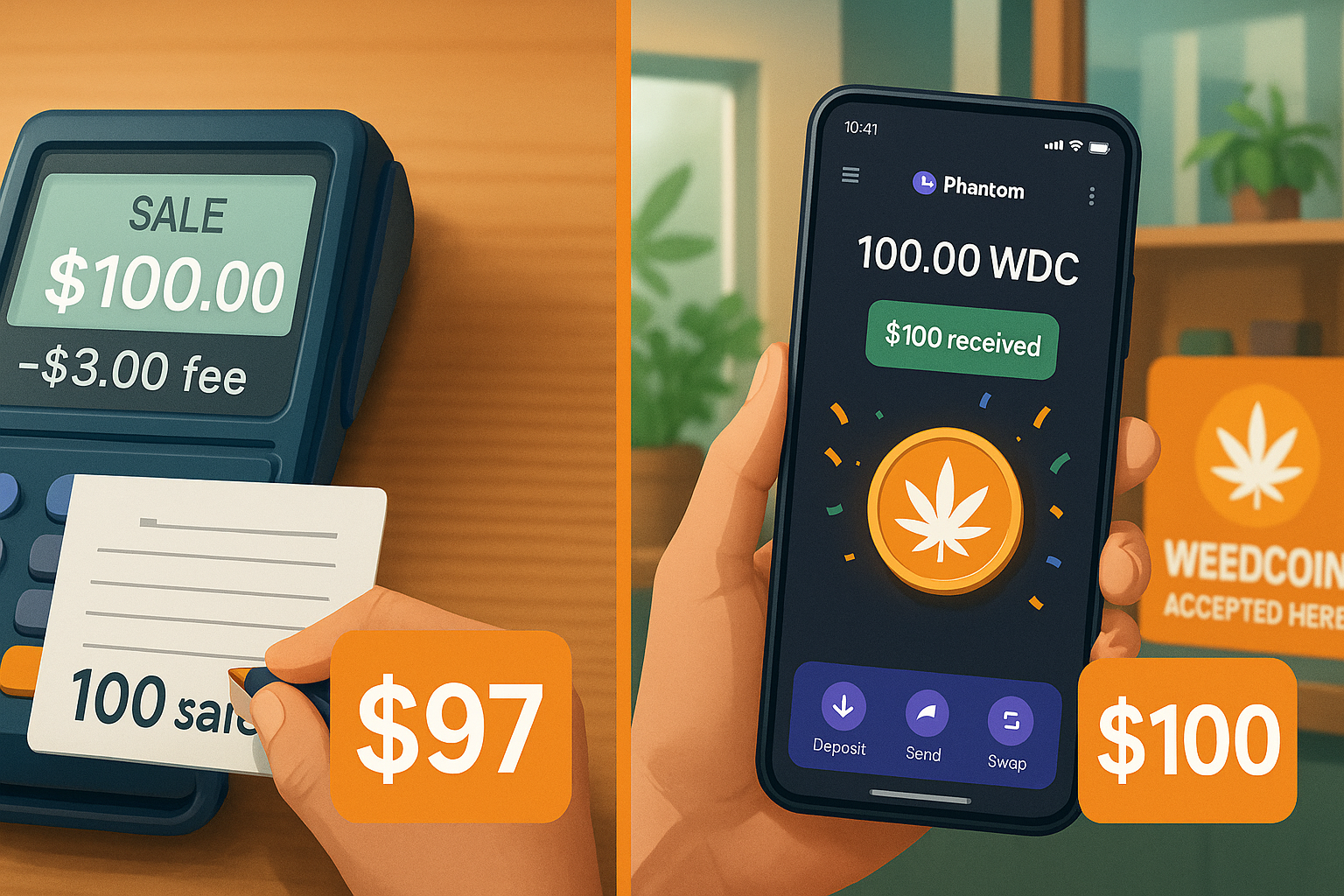The Adoption Playbook: Self-Custody in 60 Seconds
Not Your Keys, Not Your Vibe: Why Self-Custody Isn’t Optional Anymore
Most people don’t need a blockchain explainer—they need a reason to care. Here’s how self-custody solves real-world problems and gives users back control, one wallet at a time.
Self-custody is one of the most important—and most misunderstood—concepts in all of crypto. It’s not just a security setting. It’s the foundation of decentralized finance itself. But explaining that to someone new? That’s where the challenge begins.
In this article, we break down what self-custody actually means, why it matters to small businesses and everyday users, and how to explain it clearly—without sounding like a crypto cultist. This is the “what and why” side of the Adoption Playbook. Whether you’re teaching someone else or finally getting clear for yourself, this guide was made for you.

🔐 What Is Self-Custody, Really?
At its core, self-custody means you hold your own private keys—and by extension, your crypto. No banks. No custodians. No middlemen. Just you and your wallet.
Think of it as a digital safe that only you can open. The most common way to access this freedom is through a non-custodial wallet like Phantom, which puts full control in your hands. No one can freeze your account. No one can block or reverse your transactions. This kind of freedom is powerful—but it also comes with responsibility.
🏪 Why It Matters in the Real World
It’s easy to forget: behind every crypto transaction is a person trying to solve a real problem.
Take small businesses, for example. They lose up to 3% of every transaction to credit card fees. That’s not just an expense—it’s a barrier to survival. Crypto payments—especially on chains like Solana—cut those fees down to fractions of a penny.
Now combine that with self-custody, and you’ve got something remarkable: a way for local business owners to accept payments globally, instantly, and without a bank. It’s not speculation—it’s liberation.
🧠 The Trust Problem (And How Self-Custody Solves It)
Most people don’t distrust crypto. They distrust the systems around it.
Exchanges get hacked. Projects disappear. Scams are everywhere. But these aren’t flaws of crypto—they’re flaws of centralization.
When you teach someone how to use a non-custodial wallet, you’re not just giving them access to digital currency. You’re giving them something far more powerful:
Digital sovereignty.
You’re showing them what it means to say, “This is mine. And no one can take it away.” That kind of clarity builds confidence. And confidence builds adoption.
📱 Teaching Self-Custody in 60 Seconds
Here’s the cheat code:
- Use a metaphor: “It’s like having a vault that only you can open.”
- Introduce the tool: Show them Phantom Wallet.
- Start with the seed phrase: Make it sacred. Backups matter.
- Make it real: Send them $1 in Weedcoin and watch the lightbulb go off.
No lectures. No buzzwords. Just a simple experience of control. When they realize they don’t need permission to use their money, they’ll understand what makes this different.
🌿 Weedcoin and the Case for Community Currency
Weedcoin isn’t just about cannabis—it’s about creating a usable, local, decentralized currency that serves real people.
When self-custody meets real-world utility—like a dispensary accepting Weedcoin directly—value stays in the community.
- No fees
- No delays
- No middlemen
Just peer-to-peer value exchange with a purpose. This isn’t theoretical. This is happening right now. And it starts with one simple conversation:
“Let me show you how this works.”
✅ Practical Tips
- Use metaphors like “vault” or “digital backpack” to explain self-custody
- Always start with the seed phrase when onboarding someone new
- Choose beginner-friendly wallets like Phantom for real-world demos
- Send small amounts first—let people feel the success instantly
- Focus on benefits, not buzzwords—talk about saving money, not “decentralization”
🎯 Key Takeaways
- Self-custody is digital ownership: no middlemen, no banks, just you
- It’s essential for building trust and long-term crypto adoption
- Tools like Phantom make it easy for anyone to get started
- Weedcoin empowers small businesses to keep more of their income
- You don’t need to convince the world—just teach one person at a time
Whether you’re onboarding your first friend or explaining to a small business why crypto matters, the key is clarity.
Self-custody isn’t about technology—it’s about freedom. It’s about keeping value where it belongs: in your hands. And with tools like Weedcoin and Phantom, that future is already here.
If this helped you get clear—pass it forward.













